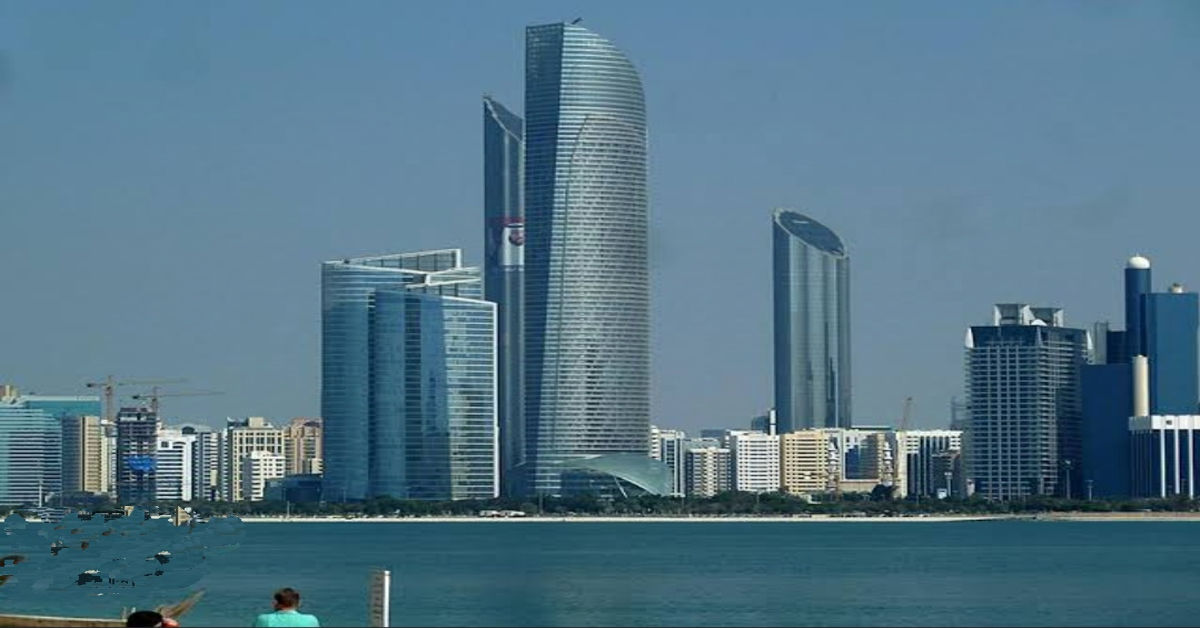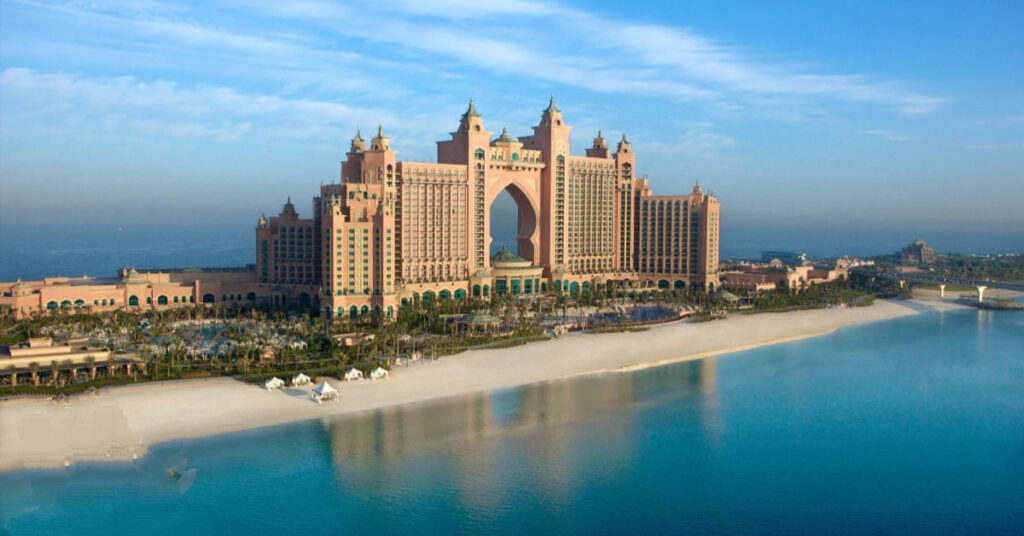Table of Contents
ToggleAbu Dhabi: The Richest City in the World
Abu Dhabi, the capital of the United Arab Emirates (UAE), has recently garnered attention for being crowned the richest city in the world, boasting an astonishing $1.7 trillion in assets. This remarkable wealth positions Abu Dhabi at the forefront of global finance, investment, and economic development. This essay will explore the various factors contributing to Abu Dhabi’s wealth, its economic landscape, the implications of this status, and the future prospects for the city.

Read this post also: Bharti Airtel In Talks To Acquire Tata Play In Digital TV Offerings Push.
Historical Context
The wealth of Abu Dhabi can be traced back to its discovery of oil in the 1950s. Prior to this, the city was primarily a fishing and pearling community. The subsequent oil boom transformed Abu Dhabi into a modern metropolis almost overnight. The revenues generated from oil exports provided the government with the financial resources to invest in infrastructure, education, and healthcare, significantly improving the quality of life for its residents.
Economic Landscape
Oil and Gas Sector
The oil and gas sector remains the backbone of Abu Dhabi’s economy. The emirate holds approximately 9% of the world’s proven oil reserves and 5% of the world’s natural gas reserves. Companies such as Abu Dhabi National Oil Company (ADNOC) have played a critical role in managing these resources and driving economic growth. The revenue from oil exports has enabled the government to create a robust sovereign wealth fund, the Abu Dhabi Investment Authority (ADIA), which invests globally across various sectors, further enhancing the city’s financial standing.
Diversification Efforts
Recognizing the volatility of oil prices, Abu Dhabi has embarked on a strategy of economic diversification. Initiatives like the Abu Dhabi Economic Vision 2030 aim to reduce the economy’s dependence on oil by fostering sectors such as tourism, finance, and renewable energy. The establishment of free zones, such as the Abu Dhabi Global Market (ADGM), has attracted foreign investment and positioned the city as a financial hub in the Middle East.
Real Estate and Construction
The real estate sector in Abu Dhabi has experienced exponential growth over the last few decades. Iconic developments like the Louvre Abu Dhabi, the Sheikh Zayed Grand Mosque, and numerous luxury hotels have transformed the cityscape. The real estate market not only contributes to the economy through construction but also through tourism and hospitality.
Wealth Distribution and Living Standards
Despite its immense wealth, Abu Dhabi faces challenges related to wealth distribution and living standards. The emirate is home to a diverse population, including a significant number of expatriates. While the local Emirati population enjoys substantial benefits, including free healthcare and education, the majority of the workforce consists of expatriates who may not enjoy the same privileges. This disparity raises questions about social equity and long-term sustainability.
Cultural and Educational Investments
Abu Dhabi’s wealth has enabled substantial investments in culture and education. The emirate is home to various cultural institutions, including the Saadiyat Island Cultural District, which features the Louvre Abu Dhabi and upcoming branches of the Guggenheim Museum. These investments aim to position Abu Dhabi as a global cultural hub, attracting tourism and enhancing its international profile.
In education, the city has established partnerships with prestigious institutions worldwide, including New York University and Sorbonne University, to promote higher education and research. This focus on education not only serves to develop a skilled workforce but also fosters innovation and entrepreneurship.
Implications of Wealth
Global Influence
Abu Dhabi’s status as the richest city in the world enhances its global influence. The emirate has leveraged its wealth to establish itself as a significant player in international diplomacy and business. Strategic investments in countries around the world have expanded its geopolitical reach and solidified its role as a key player in global markets.
Sustainability Challenges
With wealth comes responsibility. Abu Dhabi faces environmental challenges related to its rapid development and reliance on fossil fuels. The government has recognized the need for sustainable practices and has initiated various projects aimed at environmental conservation. Masdar City, an ambitious initiative aimed at creating a zero-carbon urban development, exemplifies these efforts.
Future Prospects
Looking ahead, Abu Dhabi’s future appears promising. Continued investments in diversification, innovation, and sustainability will be crucial in maintaining its status as a leading global city. The UAE’s commitment to renewable energy, exemplified by the development of solar and nuclear power, positions Abu Dhabi as a potential leader in the green economy.
Technological Advancement
The rise of technology and innovation will also play a significant role in shaping Abu Dhabi’s future. The emirate has made substantial investments in technology and innovation, with initiatives like the Hub71 tech ecosystem aimed at attracting startups and tech companies. This focus on innovation will be essential for creating a knowledge-based economy that can thrive in an increasingly digital world.
Tourism Growth
Tourism is another sector with significant growth potential. With its rich cultural heritage, stunning architecture, and luxury offerings, Abu Dhabi is well-positioned to attract international tourists. Events such as the Formula One Grand Prix and the Abu Dhabi Film Festival have already established the city as a destination for global events. Continued investment in tourism infrastructure will enhance the city’s appeal as a travel destination.
Conclusion
Abu Dhabi’s emergence as the richest city in the world with $1.7 trillion in assets is a testament to its remarkable economic transformation over the past few decades. The city has successfully leveraged its oil wealth to diversify its economy, invest in culture and education, and enhance its global standing. However, challenges related to wealth distribution, environmental sustainability, and social equity must be addressed to ensure long-term prosperity.
As Abu Dhabi looks to the future, its commitment to innovation, sustainability, and cultural development will be crucial in maintaining its status as a global leader. The journey of Abu Dhabi serves as an inspiring example of how strategic planning, investment, and diversification can transform a city into a thriving economic powerhouse.

